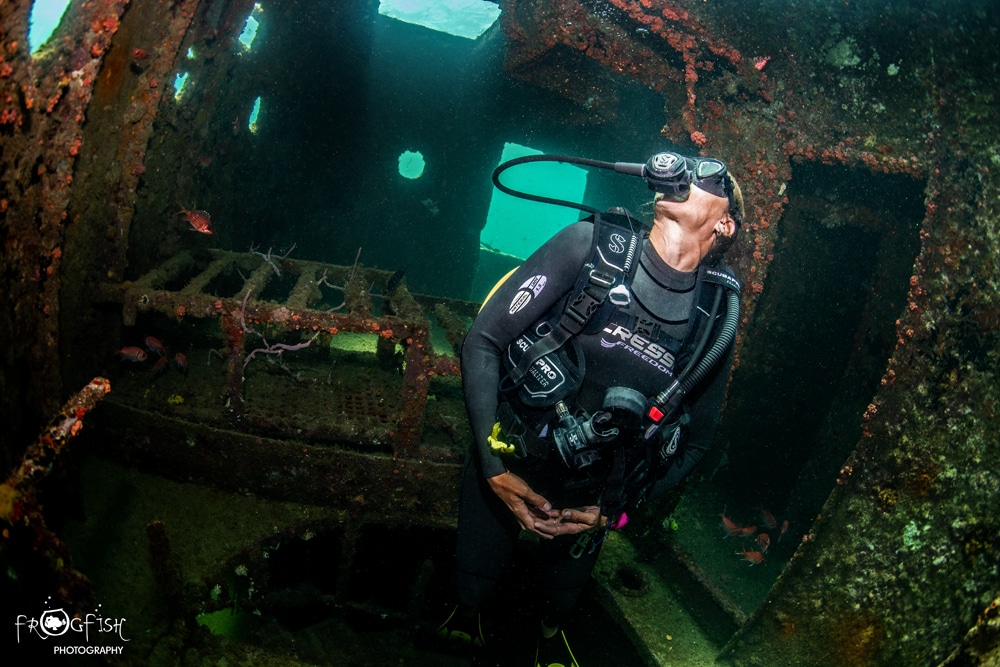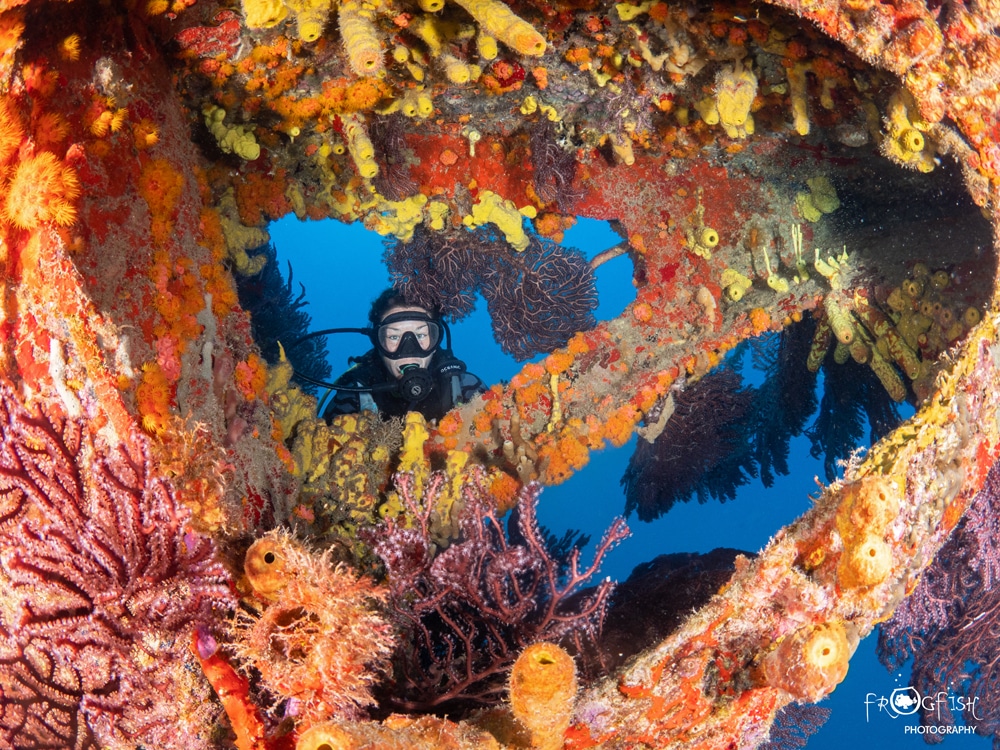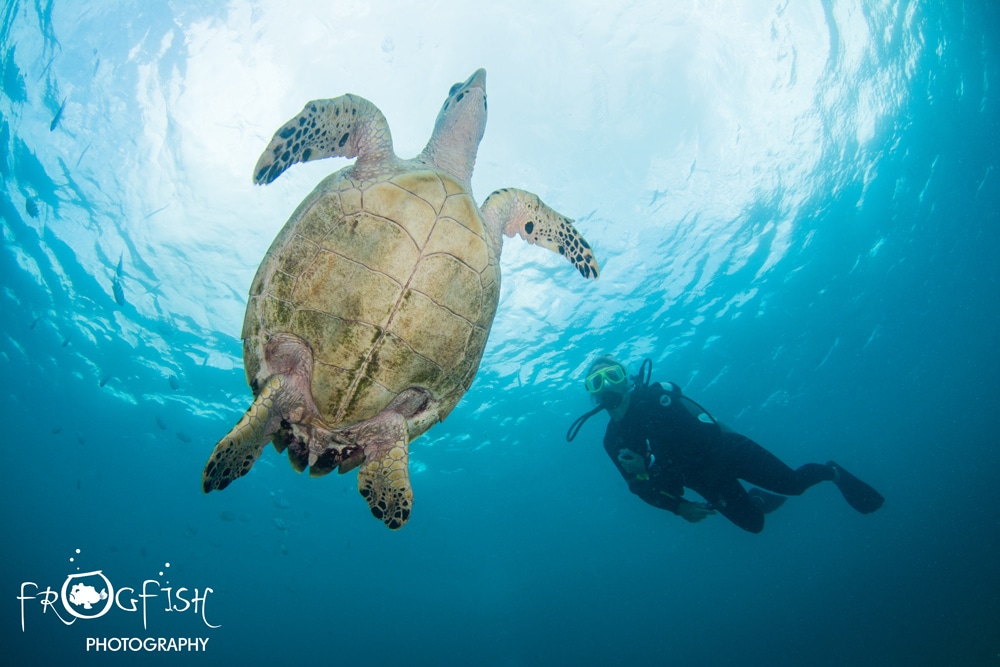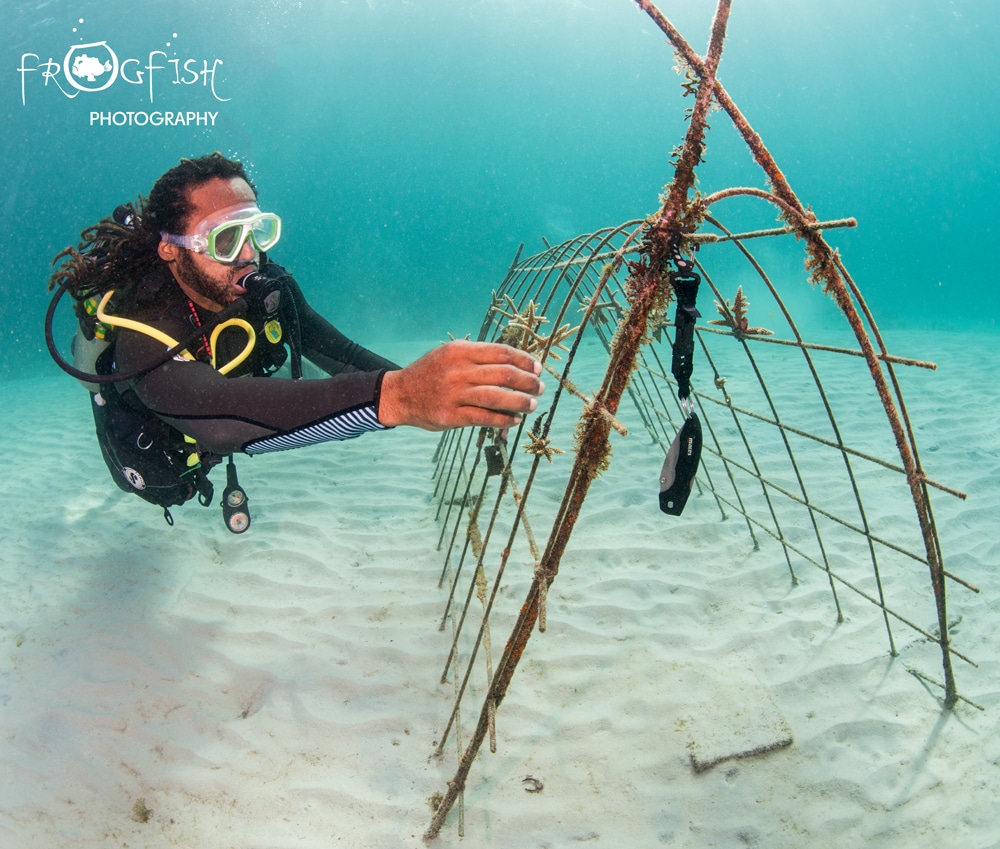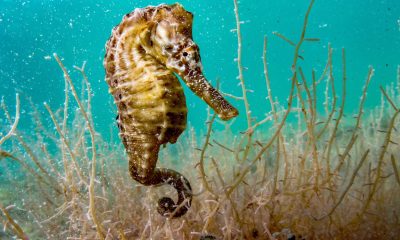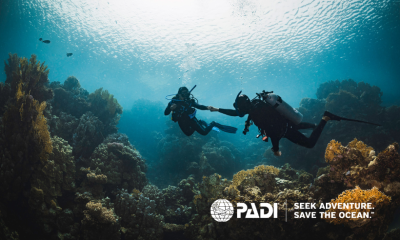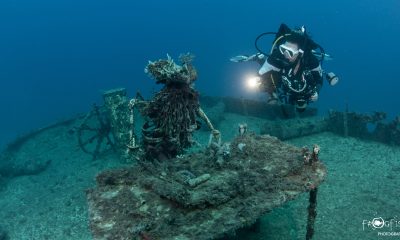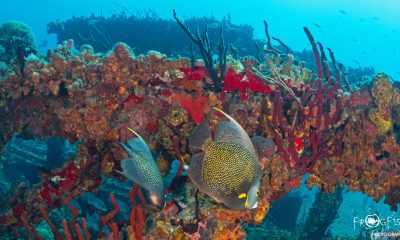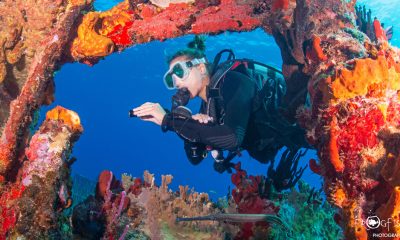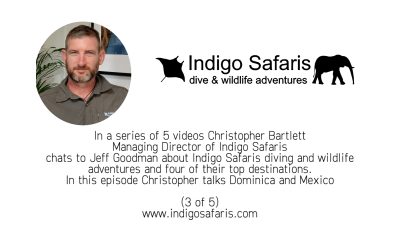News
Barbados – The Shipwreck Capital of the Caribbean
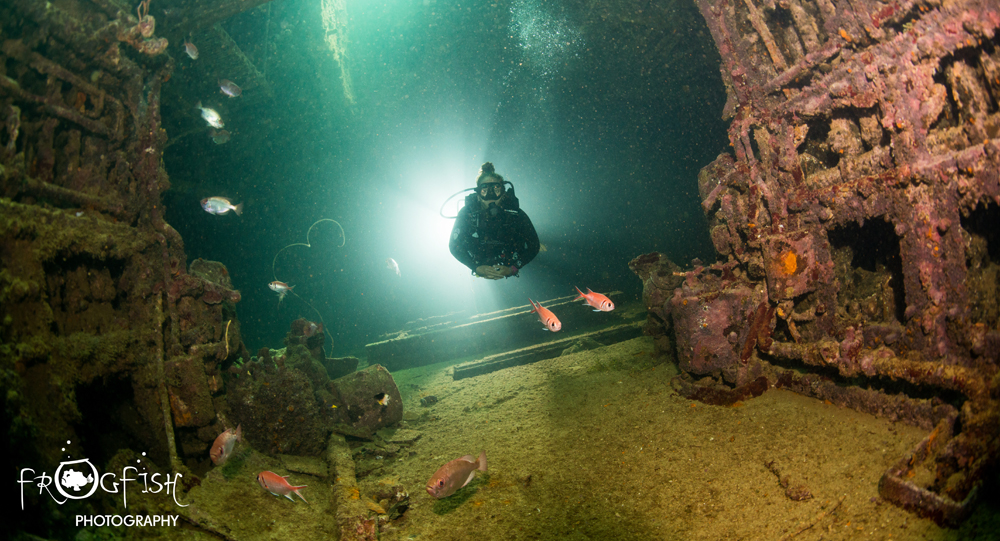
If exploring glorious underwater landscapes and interacting with a diverse range of sea life tickles your fancy, then a holiday to Barbados is exactly what you need!
While Barbados is famed for its white sand beaches, glistening warm waters and of course, it’s delicious rum, this beautiful island is also home to the healthiest reefs in the Caribbean and offers the perfect opportunity for wreck diving. Barbados is known as the Shipwreck Capital of the Caribbean, boasting a variety of wrecks that have developed over the years into fabulous artificial reefs attracting divers and snorkellers from all corners of the world. Read on to learn more…
Carlisle Bay Marine Park
Found on the south-west corner of Barbados, the Carlisle Bay Marine Park in Saint Michael boasts six incredible shipwrecks, less than 200 metres from the beach, the largest of which is over 36 meters long! The wrecks lay between 3 – 17 metres deep, tide dependent, making them perfect for a snorkel adventure.
This area is loved by tourists and locals alike and is commonly referred to as the underwater treasure of Barbados. The six shipwrecks in Carlisle Bay Marine Park create a vibrant artificial reef for marine life to thrive. So, whether you’re swimming, snorkelling, diving, freediving or paddling boarding, when you take to the water in the Park you’ll be close to marine wildlife such as sea fans, barrel sponges, parrot fish, angelfish, sea turtles and schools of dazzling tropical fish.
Folkstone Marine Park
Located on the west coast of Barbados, Folkstone Marine Park is home to an artificial reef, purposely formed from the sinking of the SS Stavronikita, a 365-foot-long ghost-ship freighter which lays about 1km from the shore. This shipwreck is one of the most famous dive sites in the Caribbean. The SS Stavronikita was sunk on purpose in 1978, so skilfully so that it lies upright, intact on a sandy bed.
While this particular shipwreck is suited to more experienced divers, the waters of the west coast are clear and calm, with visibility ranging between 50 – 95 feet, making it the perfect spot for snorkelling! Found half-a-kilometre offshore, the inshore reef in Folkstone Marine Park, is very popular for snorkelling, and is home to numerous fish and other marine life, including sea anemones, sea lilies, corals and sponges. Fancy something different? Book a catamaran trip out to the coral reef at Folkestone Marine Park and enjoy the magical experience of swimming amongst endangered sea turtles that are tame enough to be fed and touched.
When you’ve finished in the water, be sure to take a stroll around the Folkstone Museum, packed with information on the kind of sea-life you’ve just been interacting with, as well as an aquarium with many interesting and rare marine species, such as coral and sponges.
Conservation Efforts
Barbados understands the importance of marine life and the island is dedicated to protecting the rare and wonderful species that live in its waters. To support this, Barbados have implemented a number of conservation efforts on the islands including, the Barbados Sea Turtle Project. Sea turtles are fascinating animals and an important natural resource for Barbados. The Barbados Sea Turtle Project focuses on the conservation of the endangered marine turtle species that forage around and nest on Barbados. The Project provides a 24-hour Sea Turtle Hotline (230-0142) year-round which the public and visitors can use to call in information on turtles nesting, hatching of eggs, or lost or injured turtles. Project staff relocate nests made too close to the high tide line, rescue hatchlings disoriented by hotel lights, rehabilitate turtles that have been accidentally hooked or partially drowned in fishing nets and patrol high-density nesting beaches nightly during nesting season.
Coral is one of Barbados’ most important natural resources, it protects coastlines from storms and erosion, provides habitat and nursery grounds for fish species as well as jobs and income to the local economy from fishing, recreation, and tourism. The Coral Reef Restoration Alliance Barbados is a non-governmental, non-profit association established to foster conservation and restoration of coral reef ecosystems in Barbados. The Alliance is focused on reef restoration and conservation by consistently monitoring local reefs, growing and transplanting coral fragments and raising awareness about reef protection throughout the island.
For more information about Visit Barbados click here.
News
Seahorse National Park announced on Eleuthera in The Bahamas
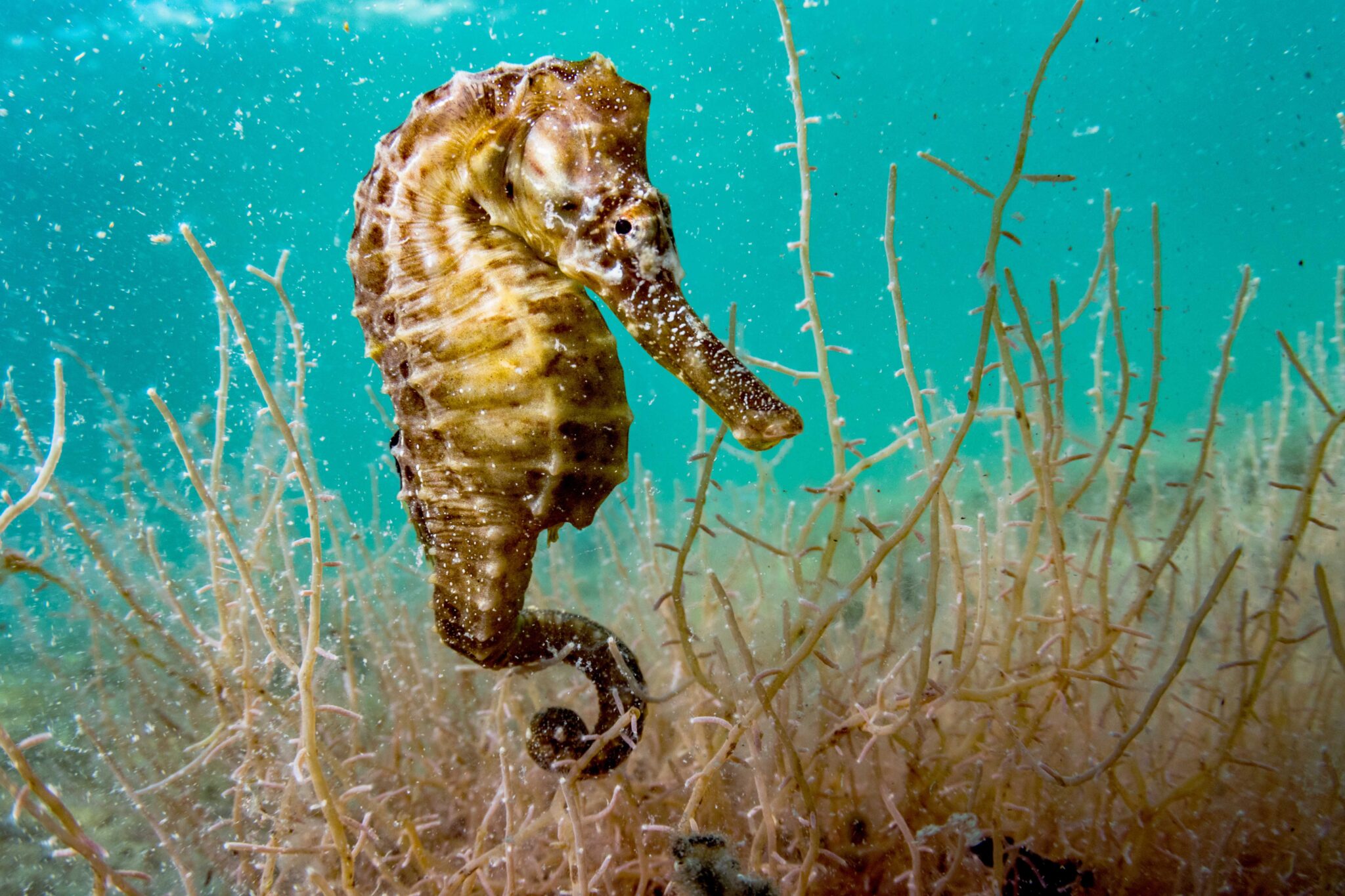
This week has seen the announcement of the designation of Seahorse National Park at Hatchet Bay Cave and Sweetings Pond on Eleuthera. This monumental announcement comes after years of efforts from the BNT and its partners in advocating for the protection of Sweetings Pond and its surrounding areas as an official national park under the BNT’s management.
Sweetings Pond is a large, land-locked saltwater pond in Hatchet Bay, Eleuthera. It has many unique natural features, but the most notable of them all is its incredible seahorse population, which is believed to be the densest population of seahorses in the world. The new 548-acre national park protects the entire one-mile-long pond and the surrounding terrestrial area. The land surrounding Sweetings Pond is a blend of intact coppice, mangroves, and farmlands. In addition, the new national park includes the extensive Hatchet Bay Caves system. This historic cave system is a popular attraction and contains a number of impressive geological features. It is one of the longest dry cave systems in The Bahamas.
Since 2014, the BNT has been leading efforts to have the area declared as a national park. This included years of public outreach and stakeholder consultations in communities across Eleuthera; education presentations in local schools; science and research efforts; and engaging consecutive government administrations. In 2018, the BNT submitted the “20 by 20 Marine Protection Plan” to the government, which included the recommendation to declare Sweetings Pond and other areas in The Bahamas as protected areas.
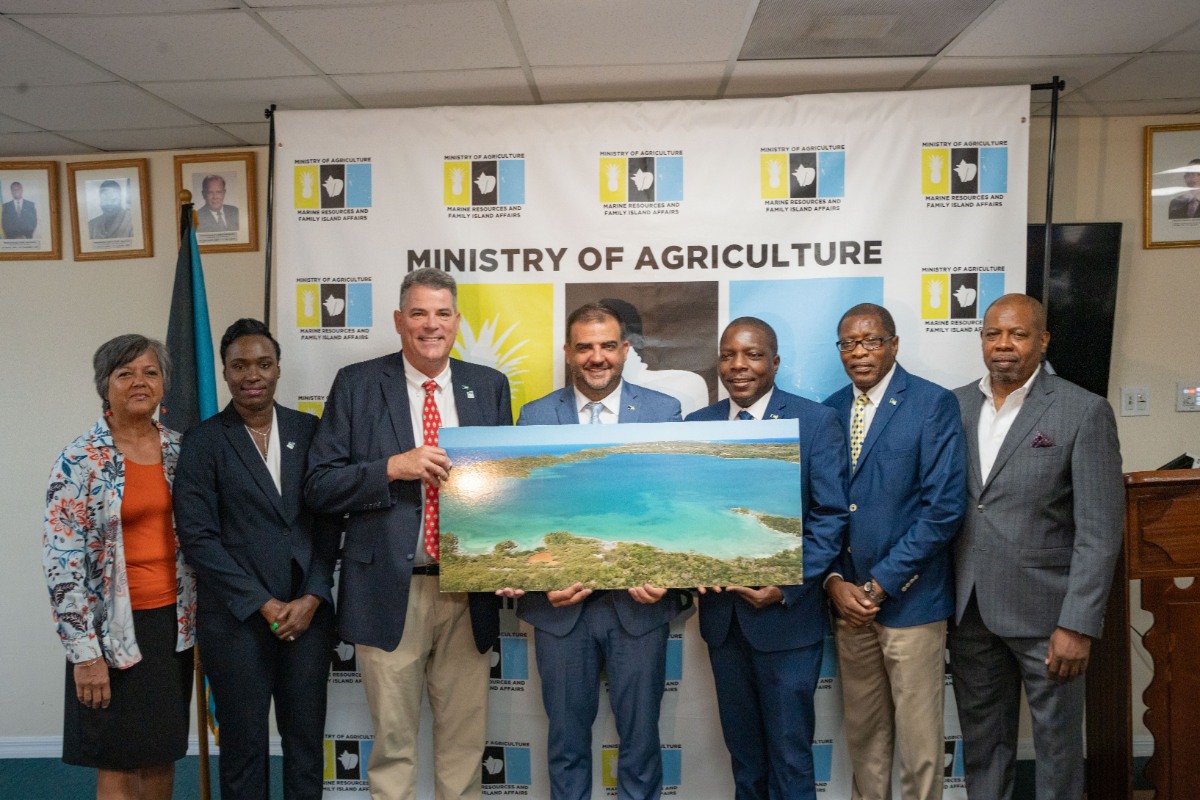
During the lease signing ceremony for Seahorse National Park, Minister Clay Sweeting, said, “This lease agreement for Sweetings Pond has been a long time coming. It represents a milestone in our journey towards sustainable development. It symbolises our collective responsibility to safeguard our natural heritage and create a harmonious relationship between economic progress and environmental preservation.
“I would like to express my gratitude to all stakeholders in this process of drafting and finalising this lease agreement. Their dedication, expertise, and commitment has been crucial in ensuring that this agreement falls in line with our vision of creating a thriving ecosystem while promoting responsible usage. Let us continue to preserve the jewel that is Sweetings Pond for many generations to come.”
The BNT invites the public to stay tuned for more news about its plan for the country’s newest national park: Seahorse National Park at Hatchet Bay Cave and Sweetings Pond!
To learn more about the role the BNT plays in managing terrestrial and marine national parks, conserving wildlife, and informing environmental policy, please visit its website: www.bnt.bs
Follow/subscribe to its various social media channels: Facebook, Instagram, Twitter, and YouTube.
Banner Image: A lined seahorse (Hippocampus erectus), female, clining to algae in an alkaline pond in The Bahamas by Shane Gross
News
PADI Club invites Ocean Lovers on exclusive dive trip to Bonaire this September
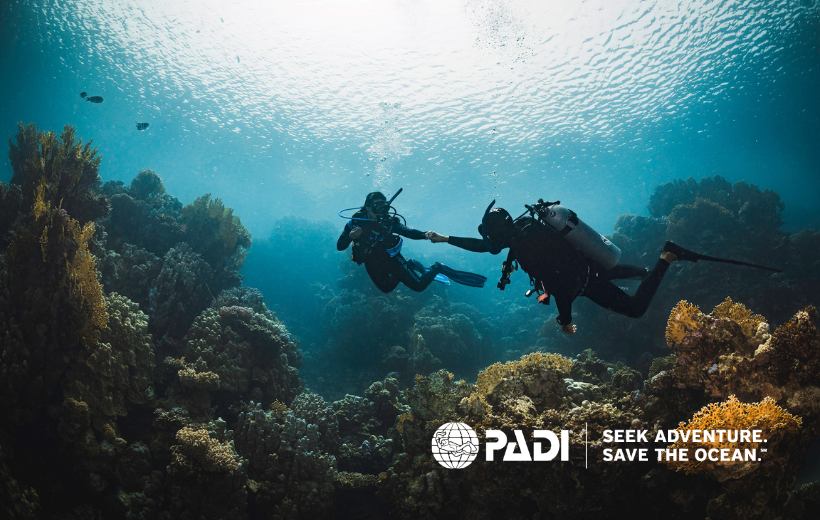
Following the popularity of the PADI Club trip to Belize at the end of July, a second “dive trip of a lifetime” has just been announced by PADI Club to Bonaire this September 23-30, 2023.
Offered exclusively for PADI Club members as part of their yearly benefits, attendees will get to seek adventure while staying at the all-inclusive Buddy Dive Resort, one of PADI’s premier members on the island. Other PADI Members in Bonaire – including Toucan Divers, Divi Flamingo, Wanna Dive, Dive Friends and Scuba Do – will also be hosting various dive experiences throughout the week.
“Bonaire is a unique and beautiful gem in the Dutch Caribbean and we want to show our Club Members this little island looms large as a dive destination,” says Zach Pavkov, PADI Club Operations Manager. “This trip offers participants a chance to not only explore a world-class diving destination but do so through some of the very best PADI Operators.”
PADI Club members will receive a generous discount for this seven-day diving adventure, with packages starting at $1,739 per diver for double occupancy.
Included in the package are:
- social events that include hosted dinners, cocktail parties and live music
- transportation in Buddy Dive Resort’s famous pick-up truck
- daily shore diving and boat diving
- accommodation, with the option to share a room with another solo diver or rent out one, two and three-bedroom apartments to host larger groups of divers
- surface interval activities that include PADI Seminars and island excursions like hiking and bird-watching.
“Because the water surrounding Bonaire has been an established marine park for 44 years, Bonaire is now a top-ranked destination with abundant marine life that includes scorpionfish, flounder and frogfish, moray eels, hawksbill turtles and eagle rays, ” continues Pavkov.
With limited spots available, the list of participants will be decided on a first-come, first-served basis. Those who are not yet PADI Club Members but are interested in joining the trip can sign-up, which will also give them access to:
- 20% of PADI eLearning® programs and PADI Gear™
- a free ReActivate® online refresher
- a free DAN® Prepared Diver course
- a subscription to Scuba Diving® magazine
- access to the PADI Club Celebrity Speaker Series webinars
- brand partner benefits from GoPro, Uber, Salt Life and more
To further support ocean lovers to create positive ocean change, five percent of the PADI Club membership fee will go towards supporting conservation efforts around the globe.
“PADI Club benefits are designed not just to empower divers to explore the ocean, but also enable them to play a pivotal role in saving the ocean too,” says Pavkov. “This year’s additional expedition to Bonaire gives our community the chance to come together and explore our shared blue planet in a truly meaningful and connected way.”
Click here to sign up for PADI Club and reserve your spot here to join the Bonaire dive trip.


